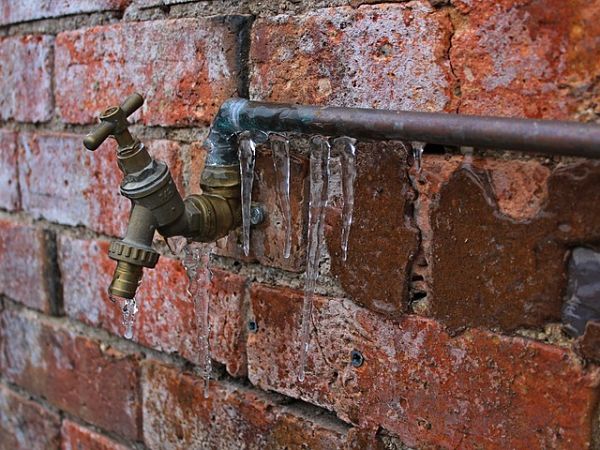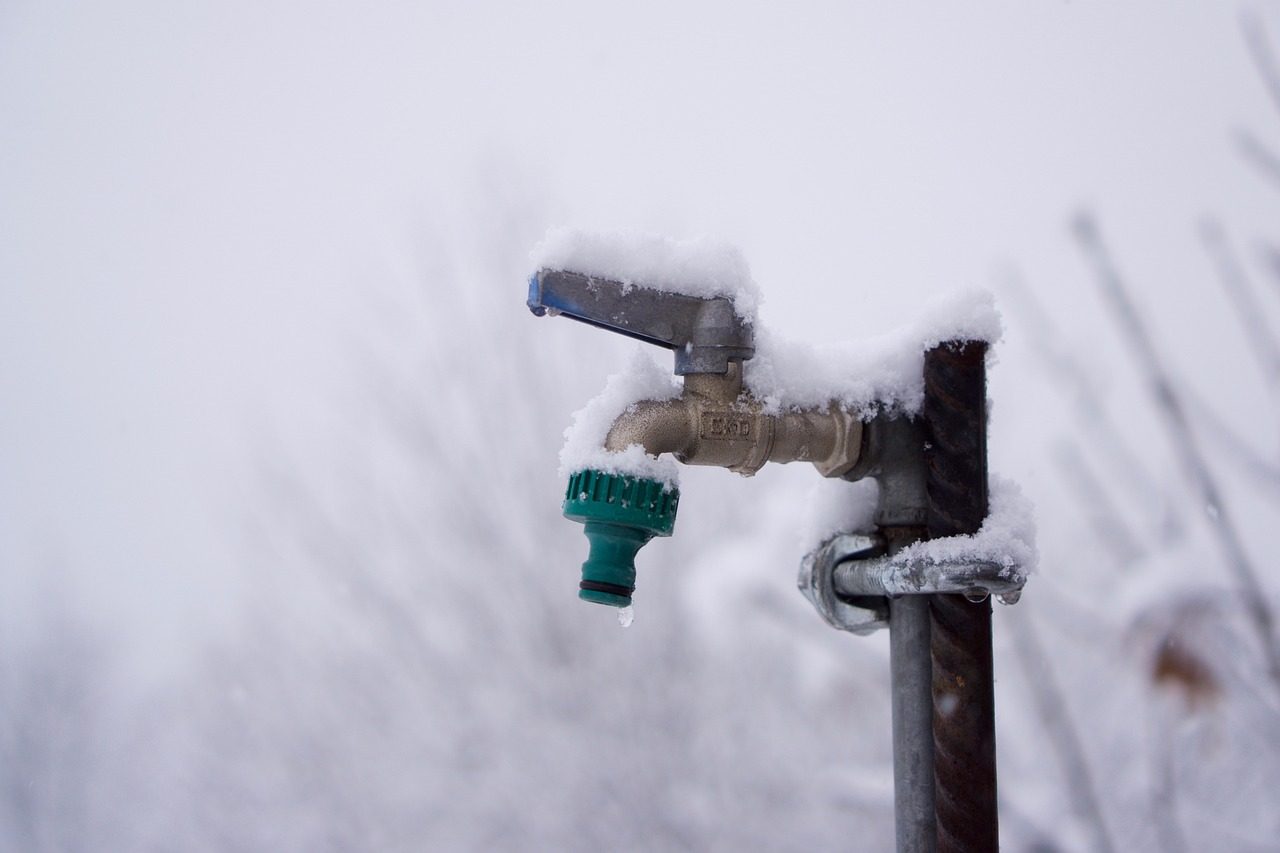Top blog articles
Have you ever woken up on a bitterly cold winter morning, turned on the hot water tap, and found no water coming through, even though your cold water pipe taps seem to be working fine? Well, if your water heater isn’t damaged, chances are you’re dealing with freezing hot water pipes.
Science tells us that hot water freezes faster than cold water does. In this short read, we’re going to discuss why hot water pipes freeze more quickly than cold water pipes in cold weather and what you ought to do to remediate the situation as well as to avoid it in the future.
Why do hot water pipes freeze first

Well, it isn’t really the hot water pipe that freezes, but it is the hot water in the pipe that freezes faster than cold water does. The effect, which continues to baffle people since the time of Aristotle, is scientifically called the Mpemba effect.
According to the Mpemba effect, water tends to freeze more quickly from a heated state than it would if it were at room temperature. This is unlike the behavior of most other liquids. While multiple scientific theories have tried to explain what causes hot water to freeze faster, none have been truly conclusive so far. However, this property of water is what causes freezing hot water pipes to freeze and burst during cold winters.
While there are multiple scientific theories that have tried to explain what causes hot water to freeze faster, none have been truly conclusive so far. However, this property of water is what causes hot water pipes to freeze up during cold winters.
In most cases, freezing hot water pipes are either running along external walls or through uninsulated attics and basements. However, if you notice that a hot water pipe is frozen, you ought to deal with it before the pipes burst.
Signs you have a frozen hot water pipe
It’s easy to know when your water lines are frozen. Just look out for these telltale signs.
- There’s just a trickle of water or no water at all when you turn on the faucet.
- If you hear the pipes creaking, groaning, and rumbling, it is a sign that there is ice blocking the pipe.
- Also, If the pipes look like they’re bulging, it is because when the temperature of the water reaches freezing point, the water molecules expand and exert a lot of pressure on the pipes.
- If the pipes look like there is condensation on their surface, that is a sure sign that the pipes are frozen.
Read more: Plumbing on an exterior wall
What you should do to unfreeze your pipes

Once you have confirmed that you have freezing hot water pipes, here are some ideas to help you remediate the situation. The first idea is always applying heat!!
- You could place a portable heater in the vicinity of the frozen pipe. This will be effective if the pipe is located indoors, like in an attic or basement.
- You could wrap a heating cable or heat tape around the pipe, just as long as there is an electrical outlet nearby. Alternatively, you could do the same thing with an electric heating pad as well. Heat tapes are designed to thaw frozen water pipes and prevent ice dams from forming in gutters.
- Dip towels in hot water and wrap them around the pipe. Change the towels as they begin to cool down.
- Turn on your hairdryer to maximum heat and slowly oscillate it around the frozen area of the water pipe.
- Keep the water faucet on. As the pipe thaws, the water pressure pushes water through gaps in the ice, hastening the thawing process.
Read more: Guide on push fit fittings
Prevention is always better than cure
You now know what to do if the hot water pipe in your home is frozen. However, wouldn’t it just be a lot better if you did not have to deal with the situation at all? Here’s how you can prevent your water pipes from freezing this winter.
- Get your exterior water pipes insulated.
- If the pipes are located in a room, turn on a space heater for a while every day, and then keep the food in that room shut so the heat stays trapped there for longer.
- Use sleeve-type insulation to insulate indoor pipes.
- Keep the warm water faucet open just a little trickle when you know it’s going to be freezing outside. This will prevent the formation of ice crystals in the pipes.
These tips may seem to be really simple, but just following them during the winter months is going to save you a lot of trouble and possibly, money as well.
Prevention is key, though. By insulating pipes, especially those along exterior walls or in unheated spaces, and allowing a slight trickle of water to flow during freezing temperatures, you can avoid the risk of pipes freezing and bursting. Remember, taking simple steps like these not only keeps your water supply lines intact but also helps maintain water pressure and avoid costly repairs. Keep your home’s plumbing system safe during cold weather, and you’ll ensure a steady supply of hot water all winter long.
Bottom line
Freezing hot water pipes can be a frustrating and costly issue, but understanding why it happens and how to deal with it can save you a lot of trouble during the cold months. The Mpemba effect may still puzzle scientists, but its impact on our plumbing is clear—hot water pipes can freeze faster than cold water pipes. Whether you’re dealing with frozen pipes or looking to prevent them, applying heat in safe ways, such as using an electric heating pad or space heater, can effectively thaw frozen sections without risking damage.
Read more: House warm in winter without electricity









